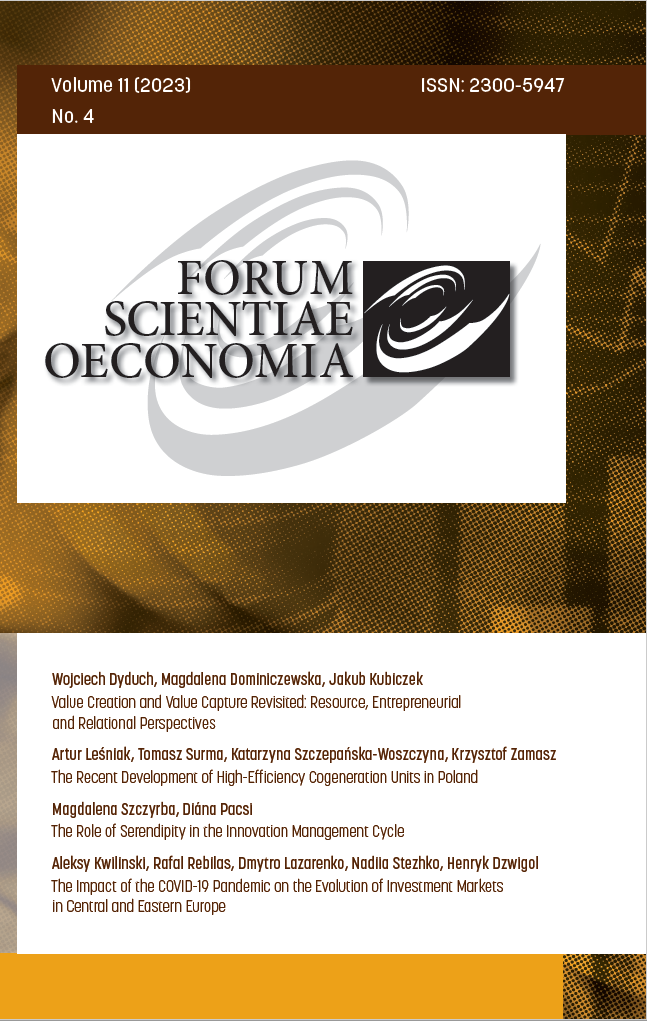Economic Globalisation and Public Debt: What Implications does an Integrated South African Economy Hold for Fiscal Policymakers?
Economic Globalisation and Public Debt: What Implications does an Integrated South African Economy Hold for Fiscal Policymakers?
Author(s): Jacques De Jongh, MOITSHEPI MOENGSubject(s): Public Finances, Globalization
Published by: Wydawnictwo Naukowe Akademii WSB
Keywords: economic globalisation; government spending; public debt; KOF globalisation index; South Africa;
Summary/Abstract: Globalisation is a deep-rooted phenomenon that has signifi-cantly shaped developed and developing economies alike. Characterised by its controversial past, South Africa provides a unique case when considering how global integration has af-fected the country’s economy. Among the more intriguing rela-tionships has been the interlinkage between the country’s public debt levels and the manner in which it has globalised. On one hand, advocates suggest that economic integration has enabled the government to provide greater social assistance in the hope of rectifying its controversial past. On the other hand, however, globalisation is believed to increase pressure on the fiscal budget with increased levels of debt needed to mitigate the pressure of external shocks. The primary objective of this study was to anal-yse the relationship between public debt and economic globalisa-tion in South Africa. It followed a quantitative research approach using secondary time-series data from 1980 to 2020. Long-run relationships were evaluated through the use of a Bayer–Hanck combined cointegration test, while FMOLS, DOLS and CCR estimation techniques were employed to estimate elasticity re-lationships. The results corroborate the existence of a positive relationship between higher levels of economic globalisation and public debt. Moreover, the causality results revealed a uni-directional causal link between these variables emanating from the economic integration of the country. This implies significant consequences for fiscal policymakers towards balancing its role as a crucial macroeconomic role player. The findings in fact point to noteworthy implications surrounding the restricting effects of the integration process, pertaining to higher borrowing costs, in-creased external vulnerability and limited fiscal capability in the context of improving the country’s social environment
Journal: Forum Scientiae Oeconomia
- Issue Year: 11/2023
- Issue No: 4
- Page Range: 35-62
- Page Count: 28
- Language: English

